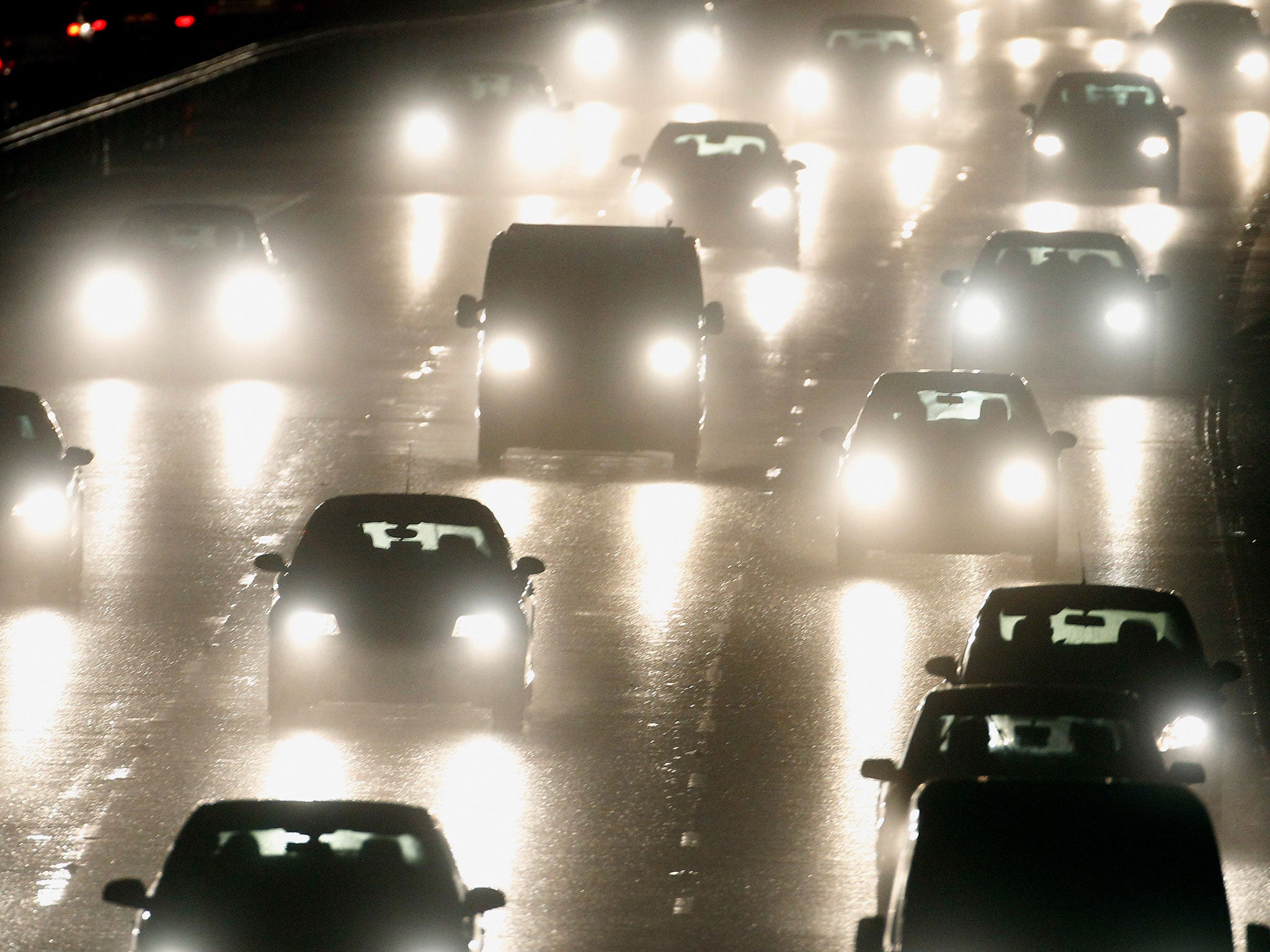Rush hour drivers who use short cuts off main roads increase journey times for everybody else, study says
Researchers say the key to clearing congestion is more socially aware routing

Frustrated drivers who use short cuts off the main roads during rush hours are increasing journey times for everybody else, researchers have found. And they suggest that persuading drivers to give up their short cuts could cut time wasted in congestion for other drivers by almost a third.
Researchers from the University of Birmingham and America’s Massachusetts Institute of Technology (MIT) looked at five major cities across the globe – Boston and San Francisco in the US, Rio de Janeiro in Brazil and Lisbon and Porto in Portugal – to see how changing drivers’ routes at rush hour could ease congestion.
And they discovered the key to clearing the congestion was more socially aware routing.
In their paper “Understanding Congested Travel in Urban Areas”, the scientists examined the way drivers travel between set points in the five cities at morning rush hour times using mobile phone and road map data from authorities. It revealed “that on average 15-30 per cent of the total minutes lost in congestion is caused solely by selfish routing”.
In other words, drivers choosing to take short cuts before rejoining a main carriageway actually create more congestion.
Computer modelling of more socially aware choices of routes, in other words not cutting in and out of traffic, revealed a significant impact on congestion. And the scientists argued if some commuters could be persuaded to take slightly longer routes at peak times then it would relieve congestion overall.
For those taking a hit for their fellow commuters, it would mean around five to eight minutes on their journey time. However, overall it would cut the time wasted by all in congestion by up to 30 per cent.
Writing in the journal Nature Communications, the team concluded: “The unwillingness to give up time is the defining factor in drivers’ failure to reach an optimal state on their own.
“We find that routing solutions that mimic socially optimal configurations have a limit of decreasing time lost in congestion by up to 30 per cent.
“Our findings indicate a net bias towards benefits, meaning the number of drivers who benefit outnumber those who sacrifice.”
Appealing to drivers’ altruistic instincts when behind the wheel could prove difficult unless they were incentivised, the researchers admitted.
And so Antonio Lima and Marta Gonzalez, two of the scientists behind the work, suggested a smartphone app offering rewards for commuters sacrificing time for the greater good of their fellow drivers. “Smartphone apps could offer points and vouchers to drivers who are willing to take longer routes that avoid congested areas,” they said.
Join our commenting forum
Join thought-provoking conversations, follow other Independent readers and see their replies
Comments
Bookmark popover
Removed from bookmarks